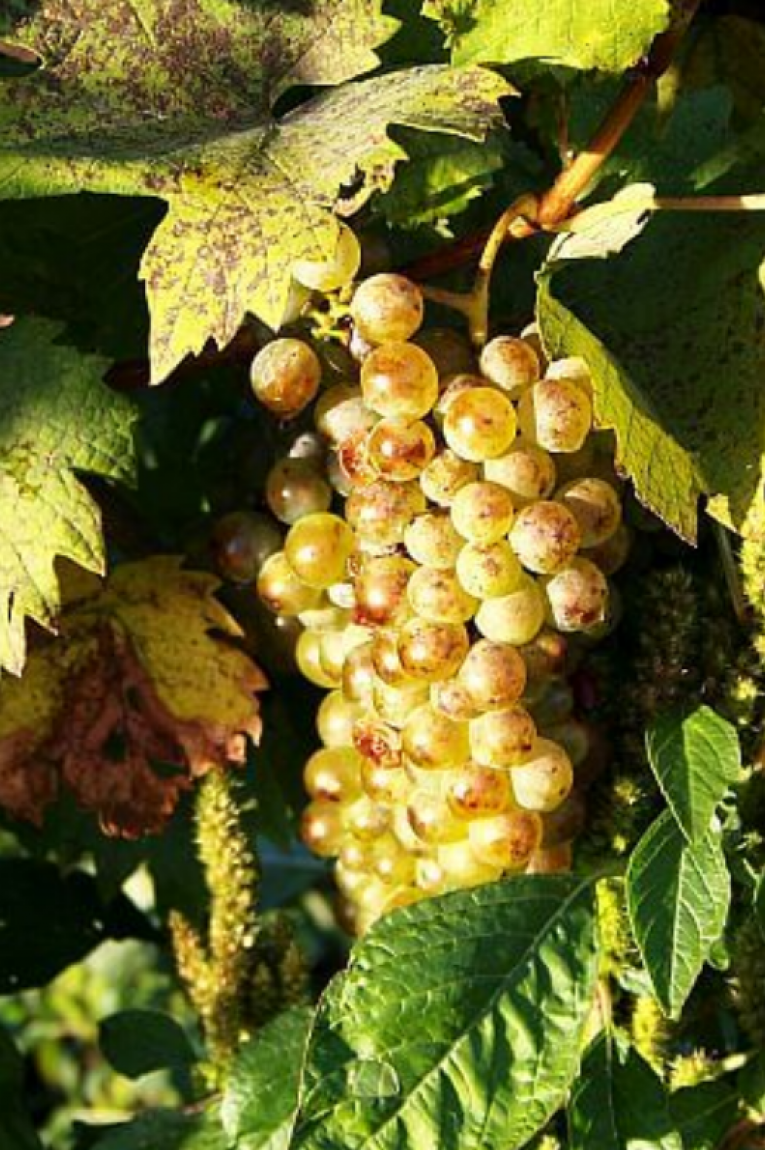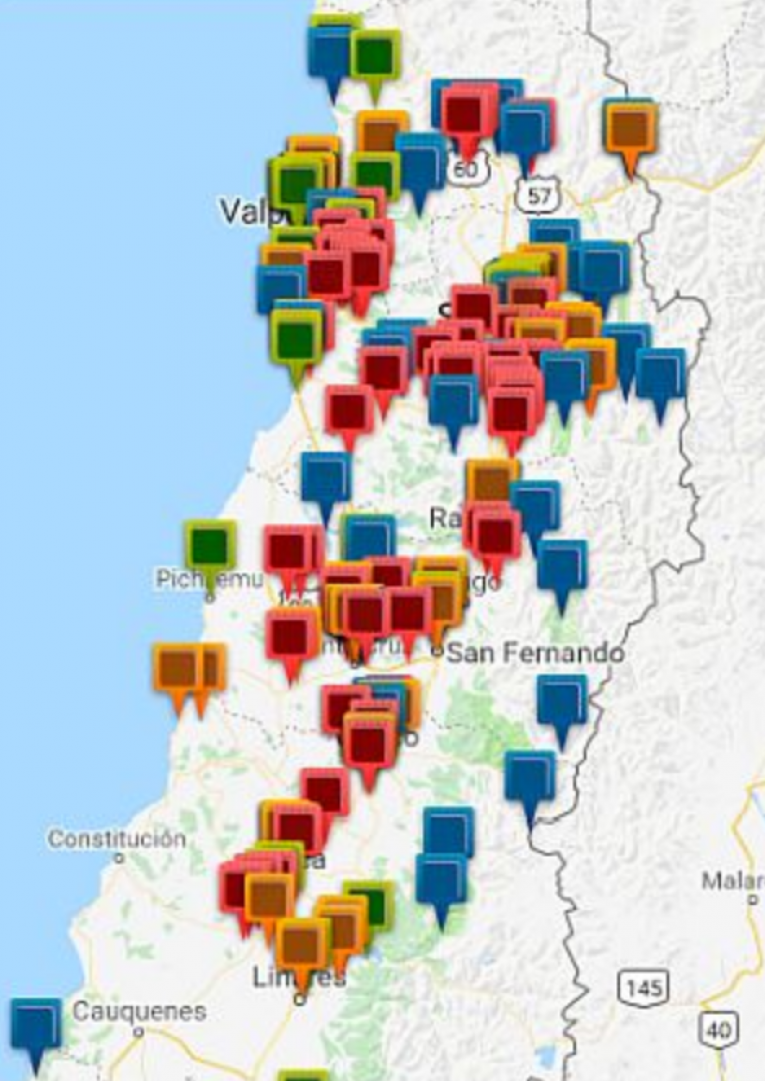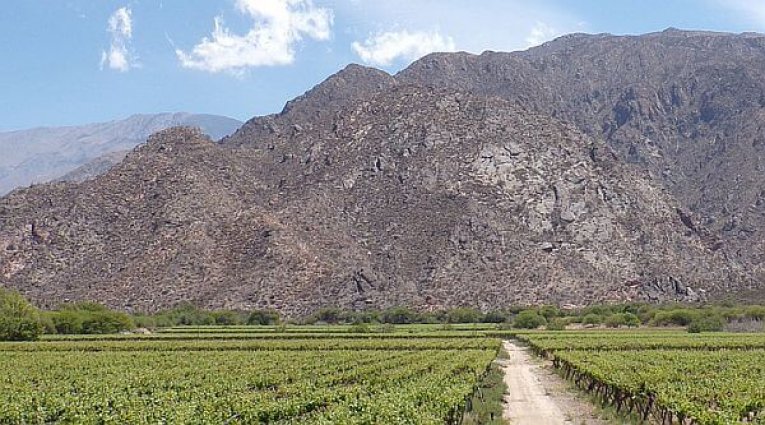Sponsored Listings:
Chile is a charming and beautiful South American country that’s paradise for wine lovers. It is surrounded by the Andes Mountains on one side, and the Pacific Ocean on the other side, from glaciers in the south to one of the driest deserts in the world in the north. Apart from being a tourist destination with people coming in from all over the world, it is also famous for wines.

That geography is actually a huge advantage when it comes to growing wine. With the sea on one side and high mountains on the other, this is perhaps the easiest country in the world for growing wine organically. Few pests attack the grapes here and it’s possible to make organic wine that is at the same level as what is produced with chemicals elsewhere. There are also a high number of microclimates thanks to the varied valleys dotted among this long and skinny country on the Pacific Ocean.
Chile has a long and rather tasty history of wine making. Grapes were first introduced to Chile in the 16th century by Spanish missionaries. Since then, wines have been produced and exported from this topographically diverse country.
There are many places to visit in Chile, especially if you are a true wine lover. The vineyards in Chile have seen a massive burst in development in the last few years. From hotels to spas and restaurants, everything related to wine tourism is booming.
Wines of Chile
Chilean wineries are home to many types of wines that have flourished in South America. The most common grapes grown in Chile are Carmenère, Cabernet Sauvignon, Merlot, and Sauvignon Blanc. Cabernet Sauvignon is the largest produced variety of wine.
Chile produces a huge volume of both red and white wines. Some of the other well-known Chilean red wines are Syrah, Pais (Mission), Pinot Noir, and Carignan. The list of white wines produced by Chile is also fairly lengthy. Besides Sauvignon Blanc, Chardonnay, Moscatel, Pinot Grigio and Riesling are some of the white wine varietals.
The terroir in Chile is not much different from other prime wine regions of the world, including in the most prestigious regions of Europe. You get the volcanic soil, the salty sea breeze, and a climate that allows for sunny days and cool nights. With rapid changes in altitude available in Chile just by traveling a few miles, it is possible to create dramatically different wines from the same grape just by changing the placement of the vines.
The biggest attraction in Chile for wine lovers is the various wine tours that are being arranged there. There are so many options to choose from while visiting Chile. You might actually get confused which wine tour to take. Many of them offer great wine tasting sessions and wonderful food, as well as amazing views.
Chile’s Wine Valleys
Some of the most famous wine tours that are arranged for tourists include the top wine valleys in the country.
Casablanca Valley – This region between Santiago and the sea is a newcomer on the wine scene, with few significant plantings before the 1980s. They have made up for lost time though, producing some of the country’s top-rated white wines.

Colchagua Valley – This may be the closest climate match to Napa Valley, with hot days and cool nights. Located abowine tours districts of Chileut 100 miles south of Santiago, the valley runs west from the Andes foothills to the Pacific Ocean. Try what you would sip in California here, though with a price tag that’s easier to swallow.
Maipo Valley – The most prominent wine region of Chile and and easy trip from a base in Santiago. This is the place to go for the best Cabernet Sauvignon bottles.
Aconcagua Valley – One of the top-5 wine-producing regions of Chile, this valley 60 miles from Santiago and about 60 miles long has a hotter climate than most others in the country. It has a reputation for producing fine Cabernet Sauvignon, Syrah, and Merlot.
Maule Valley- Traditionally the bulk and value wine capital of the country, this largest wine-growing area by land mass, a few hours south of the capital, is getting renewed interest because of its old vine wines from plants more than 100 years old.
Source: luxurylatinamerica.com










